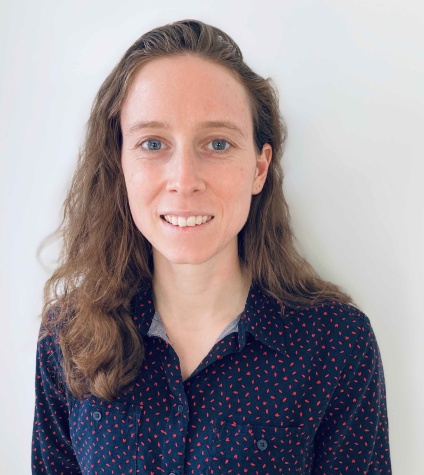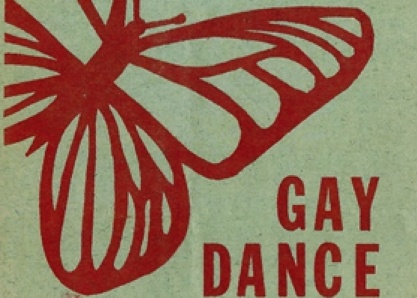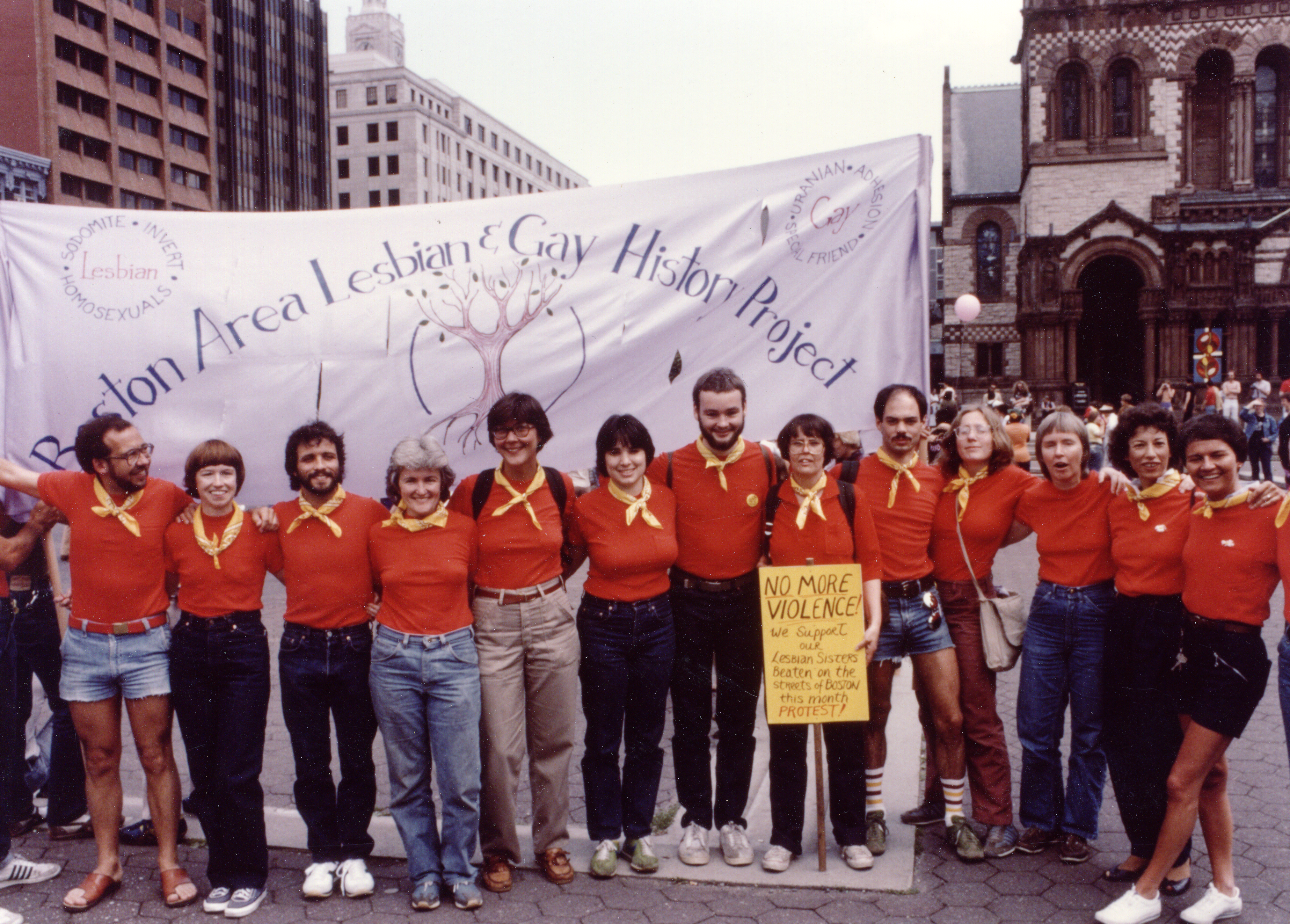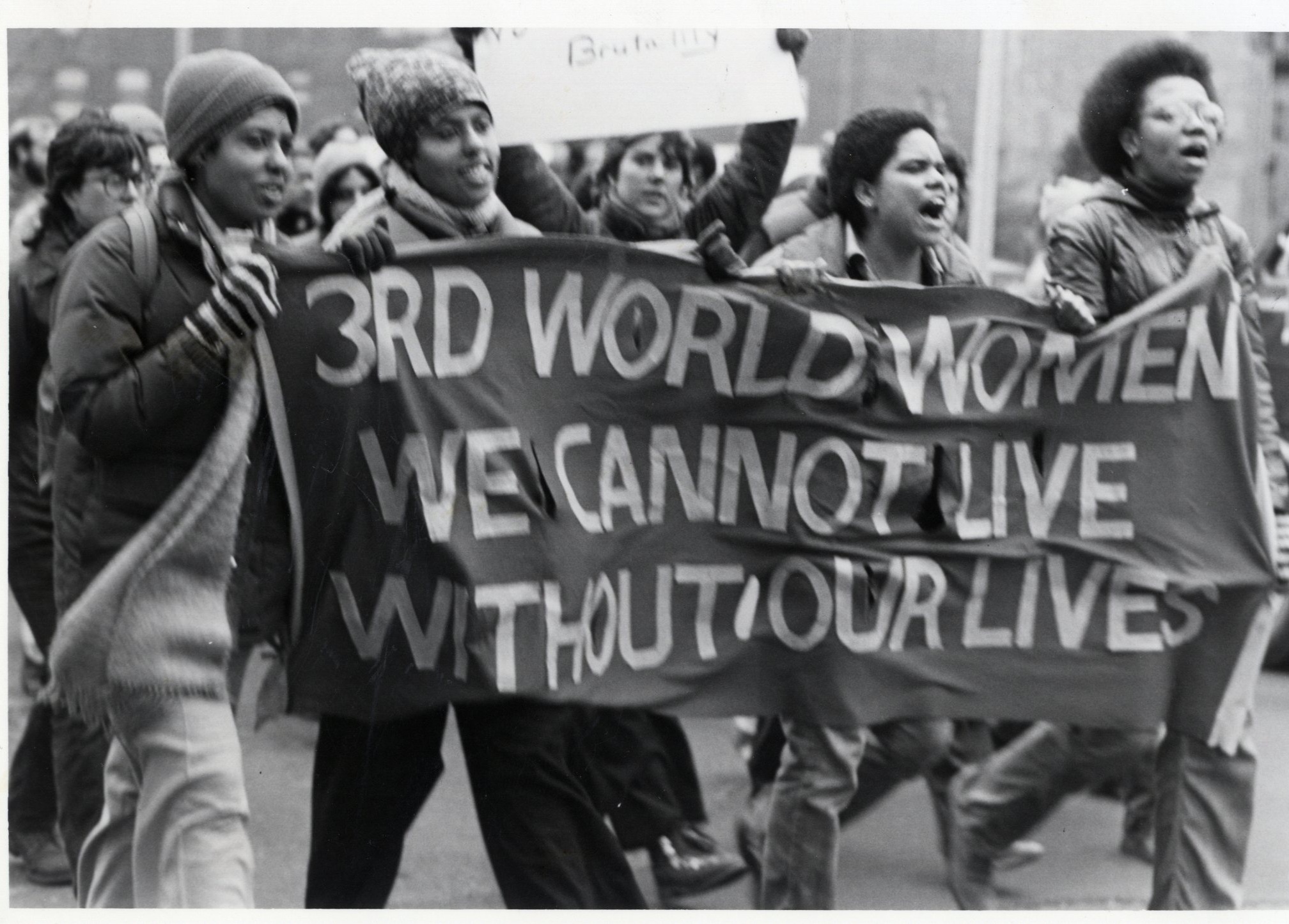Sort by:
Introducing Julia Greider, Board of Directors

The History Project Board of Directors and staff are pleased to announce that Julia Greider (she/her), the Librarian Archivist at Roxbury Community College has joined the Board of Directors.
Get to know Julia with us!
Hi Julia, could you please introduce yourself?
My name is Julia Greider (she/her), and I’m currently the Librarian Archivist at Roxbury Community College as well as being the newest member of The History Project board of directors.
What was your queer archives journey?
I first became interested in queer archives while I was an undergraduate at Smith College. I took a class about conducting oral histories with lesbians, got my hands on some diaries of queer students from the early 1900s, and the rest is history. My senior year, I did a really fun capstone project on lesbian pulp novels and how they were reviewed in the Daughters of Bilitis newsletter, The Ladder.
After graduation, I moved home to Virginia and got involved in the Southwest Virginia LGBTQ+ History Project. The leader of the project brought me along to pick up a donation of gay newsletters, and among these newsletters I found one published in the 1980s by an incredibly vibrant lesbian group called First Friday. At that time, the project was still very new and didn’t have much information about queer women’s history in the area. I became determined to learn more about First Friday, and thanks to the wonders of the internet I was able to get in contact with some of the members of the group. Eventually I had the opportunity to conduct oral histories with a few of them in person and track down more issues of their newsletter in archives around the country.
One of the former leaders of First Friday, Kathryn L. Beranich, is a filmmaker, and she decided it was time for her to make a documentary about the group. A couple years later, I was able to attend the premiere of her film and meet many of the original members of First Friday, who were all so much fun and had such a great sense of humor that it made me wish I could’ve attended their events in the old days! It was incredible to see the history I’d been studying come to life around me, and such a rewarding experience to feel like I’d contributed in a small way to preserving the queer history of the area where I’d grown up. Plus, I gained a strong sense of queer heritage in my hometown, which I honestly didn’t know I was missing until I found it. Ever since, I’ve wanted to help provide that sense of heritage for other queer people, as well.
What's your favorite queer archives item, collection, or story?
When I was a student at Smith, I wrote a paper on crushes at women’s colleges in the late 19th and early 20th centuries. Crushes were a unique queer phenomenon more or less isolated to that time period, in which female college students could express affection and desire for each other within a generally unspoken set of rules that allowed the relationships to remain socially sanctioned. One of my favorite archival finds is a collection of letters from a student at Mount Holyoke College to her mother, in which she discusses the crushes that she has on other girls and the crushes that other girls have on her. One of her relationships really ended up transgressing the accepted rules of crushes, but she still wrote home to her mom about it! I thought it was fascinating to see this example of how relationships can be constructed in such different ways than we’re used to these days, and how queer relationships have been accepted throughout history. Society is often presented as progressing steadily from homophobic to more accepting as history goes on, but in fact queer relationships have historically been conceived of in so many different ways that have fallen outside the shadow of homophobia.
When you're not working in archives and libraries, what do you like to do in your spare time?
I read a lot of novels, write stories about queer people, ride a very anxious but adorable horse, and go hiking with my partner wherever we can find mountains!
Top Related Stories
Exhibit: 50 Years of LGBTQ+ Activism in Cambridge
Celebrating 50 years of LGBTQ+ activism in Cambridge, The History Project has mounted an exhibit in [...]
Celebrating 50 years of LGBTQ+ activism in Cambridge, The History Project has mounted an exhibit in [...]
We're Moving!
After over twenty years at 29 Stanhope Street, The History Project is moving to 565 Boylston [...]
After over twenty years at 29 Stanhope Street, The History Project is moving to 565 Boylston [...]
#BlackHistoryMonth: Combahee River Collective
This Black History Month, The History Project is highlighting the stories, histories, and projects of Black [...]
This Black History Month, The History Project is highlighting the stories, histories, and projects of Black [...]


